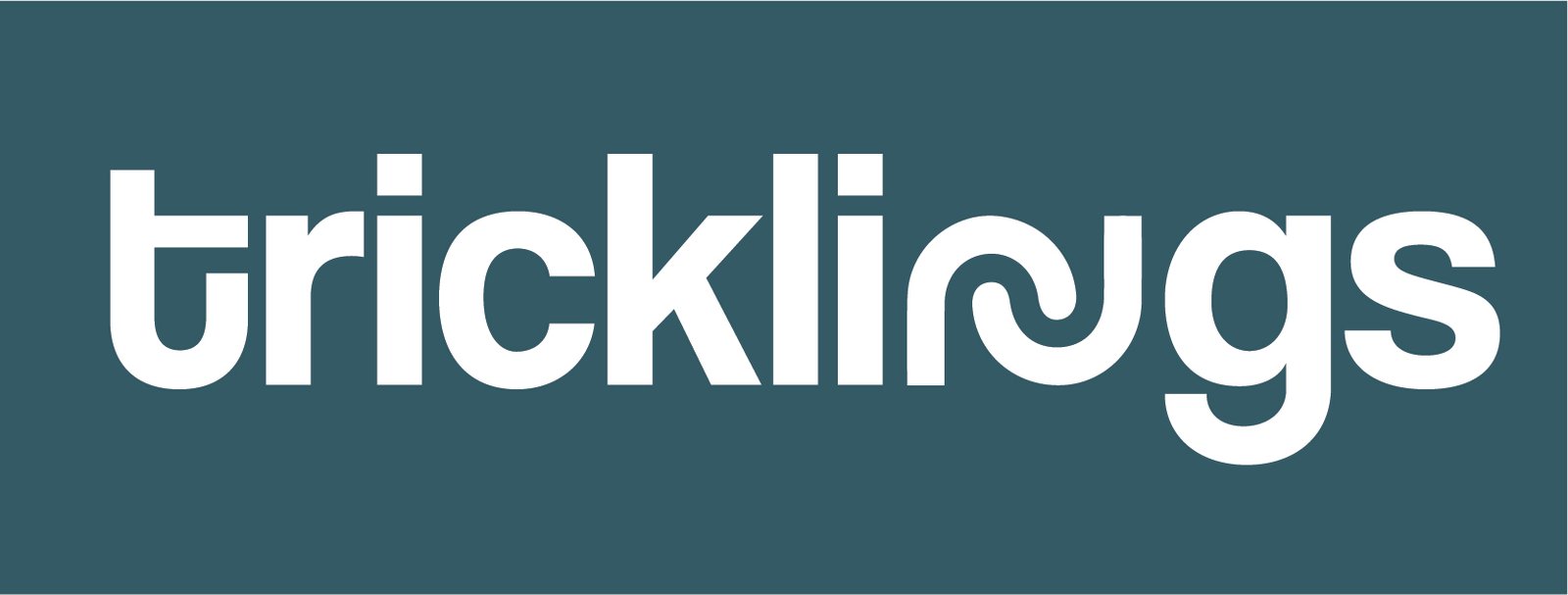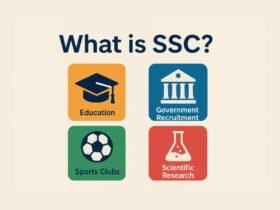The Future of HR Is You: Excel in a Career That Drives Business Forward

The role of human resources has transformed from handling paperwork to shaping entire workforces. Today’s employers value HR specialists who understand people, policies, and performance on a deeper level. The profession attracts those who want to combine strategy and empathy while helping teams thrive. For anyone interested in this path, structured degree programs provide the right foundation to prepare for impactful roles that influence both people and operations.
Here’s how education, skill development, and hands-on learning prepare future HR experts to lead change and move organizations forward:
The Changing Face of HR in Modern Workplaces
Modern HR has evolved into a driving force for growth and innovation. It goes beyond hiring and payroll to include employee engagement, diversity, and long-term planning. Many organizations now view their HR departments as key partners in shaping company direction. Those entering the field are expected to combine people understanding with analytical thinking. As companies expand globally and adopt hybrid work models, HR roles continue to evolve, offering more opportunities to influence workplace strategy and build stronger teams.
How a Bachelor’s in HR Shapes Future Leaders
An advanced degree can help you acquire the necessary skills to excel in your field. The University of Wisconsin–Parkside offers a Bachelor’s in HR online, designed for learners who want a comprehensive foundation in human resource management. The program teaches practical concepts such as workforce planning, compensation design, and employee relations while building communication and analytical reasoning.
Students explore how HR impacts real-world challenges, like attracting and retaining talent, handling legal compliance, and fostering inclusive work environments. The faculty brings professional experience, helping learners connect theory with real practice.
The online learning format provides flexibility, making it easier for those balancing other responsibilities to complete coursework on their schedule. Classes emphasize practical projects, simulations, and discussions that mirror actual workplace situations. By the time learners complete the program, they gain the confidence and insight needed to manage people-centered challenges in any organization.
Building Skills That Organizations Need
Students entering HR education today gain far more than theoretical knowledge. They learn how to assess workplace needs, apply analytical reasoning, and design fair policies that reflect ethical values. This type of study emphasizes communication, collaboration, and sound judgment, which are all qualities employers look for when hiring HR staff.
Graduates are equipped to identify staffing needs, implement onboarding programs, and support employee growth. The training also introduces methods to address performance issues with transparency and respect. As modern workplaces become increasingly diverse and technology-driven, these capabilities prepare HR graduates to adapt quickly and guide others through change.
The Power of People Management
At the center of every successful workplace is the ability to understand people. HR education trains learners to listen, resolve conflicts, and maintain trust between staff and management. People management also means balancing empathy with accountability. Learners study how to conduct fair evaluations, provide meaningful feedback, and design performance programs that inspire improvement. This combination of empathy and structure builds teams that can perform consistently and stay connected to organizational goals. The ability to guide diverse groups through challenges is one of the most rewarding parts of an HR role.
Understanding Employment Law and Ethics
A major component of HR education focuses on law, fairness, and integrity. Students learn how regulations protect both employers and employees, and how ethical practices prevent disputes before they happen. Understanding these principles prepares HR specialists to handle sensitive issues such as workplace discrimination, harassment, or compliance violations.
In addition to law, ethics plays a vital role. Learners explore decision-making frameworks that help them act responsibly even in complex situations. They also gain exposure to labor relations, contract negotiations, and compensation policies. This balanced approach enables future HR professionals to protect the rights of others while supporting the organization’s goals.
Data-Driven Decision-Making in HR
Modern HR relies on numbers as much as intuition. Students preparing for this field learn how to interpret data to guide smarter decisions. They study how to analyze metrics such as employee turnover, engagement levels, and hiring efficiency. These insights allow them to recognize patterns and act before problems escalate.
The focus is on using information to create better outcomes for both staff and employers. Learners gain the ability to support planning with evidence, rather than guesswork. This approach helps HR departments align people strategies with organizational objectives, making them more efficient and responsive to changing needs.
Choosing a path in human resources means choosing a career that blends people understanding with strategic insight. The right educational foundation helps learners gain confidence, practical knowledge, and a sense of purpose. Graduates enter the field prepared to shape workplaces that value fairness, growth, and collaboration.
HR continues to evolve alongside changing workforce expectations, making it a dynamic and fulfilling career choice. For anyone eager to make a difference in how organizations function and how people thrive within them, studying human resource management offers the tools to turn that vision into reality.





















